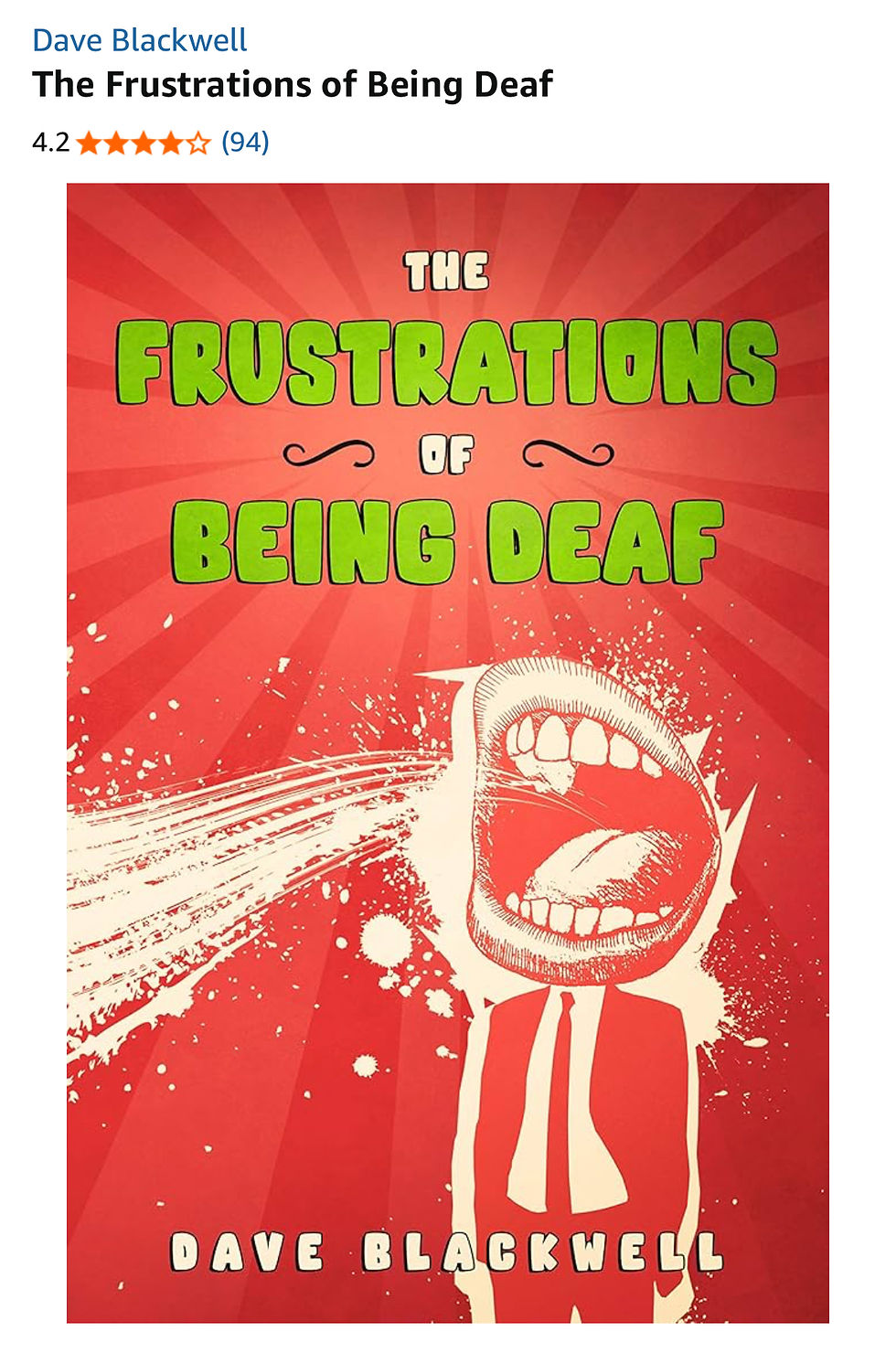Smoke Alarms!
- Sally Jackson RHAD

- Oct 16, 2020
- 2 min read
Updated: Jan 23, 2022
If you have a high frequency hearing loss, where the right side of your audiogram drops off a cliff, I will usually mention smoke alarms to you in your consultation.

This is because the nature of sensorineural hearing loss is that you have both:
1) a raised hearing threshold (things have to be louder before you pick them up)
2) a reduced sensitivity to sounds at/above your threshold (loud sounds are quieter for you than someone with normal hearing)

In the above example, the person has a threshold of 85dB at 2kHz. So at that frequency, which is commonly found in microwave alarms and other confirmation beeps, the beep would have to be 85dB (put your head next to a lawnmower to get this sort of intensity/volume) before they heard it. And although it is as loud as a lawnmower, it would sound to her like a very soft beep. In fact most of the time she would not hear the microwave at all and would forget her rice pudding.
In case you hadn't guessed, this is my audiogram again.
The takeaway point here is that if you have a steeply sloping graph, you are unlikely to be woken by your high pitched smoke alarm going off, regardless of how loud it is, or how well you can hear it when you have your hearing aids in.
Contact your Fire Service for details of how to get your home assessed for free deaf smoke alarms. Don't let vanity or being busy stop you from doing this, as the mattress-vibrating smoke alarms are both
necessary and a lifesaver. You should be able to open the attached file if you are in Calderdale which contains useful details for local services.




Comments